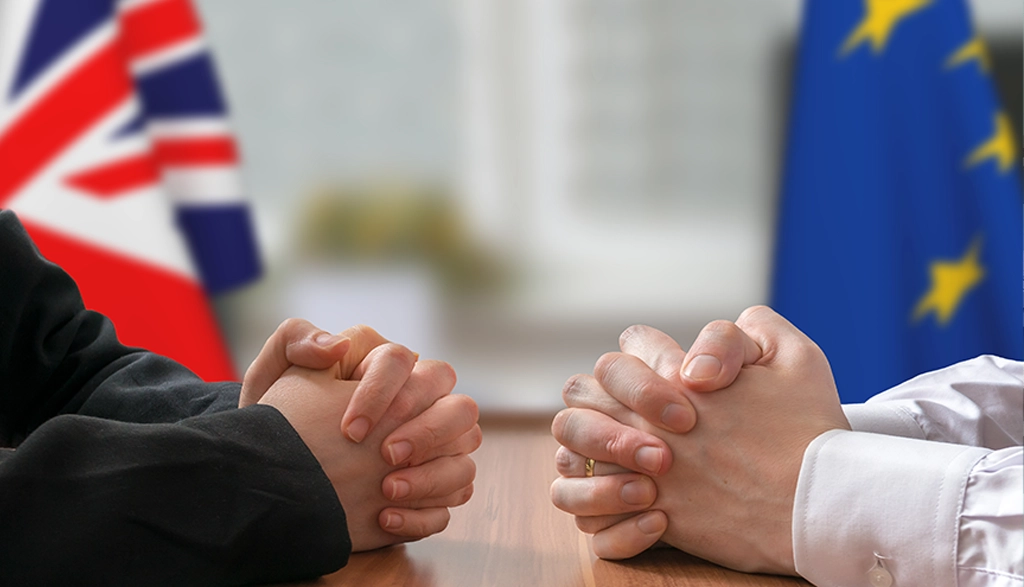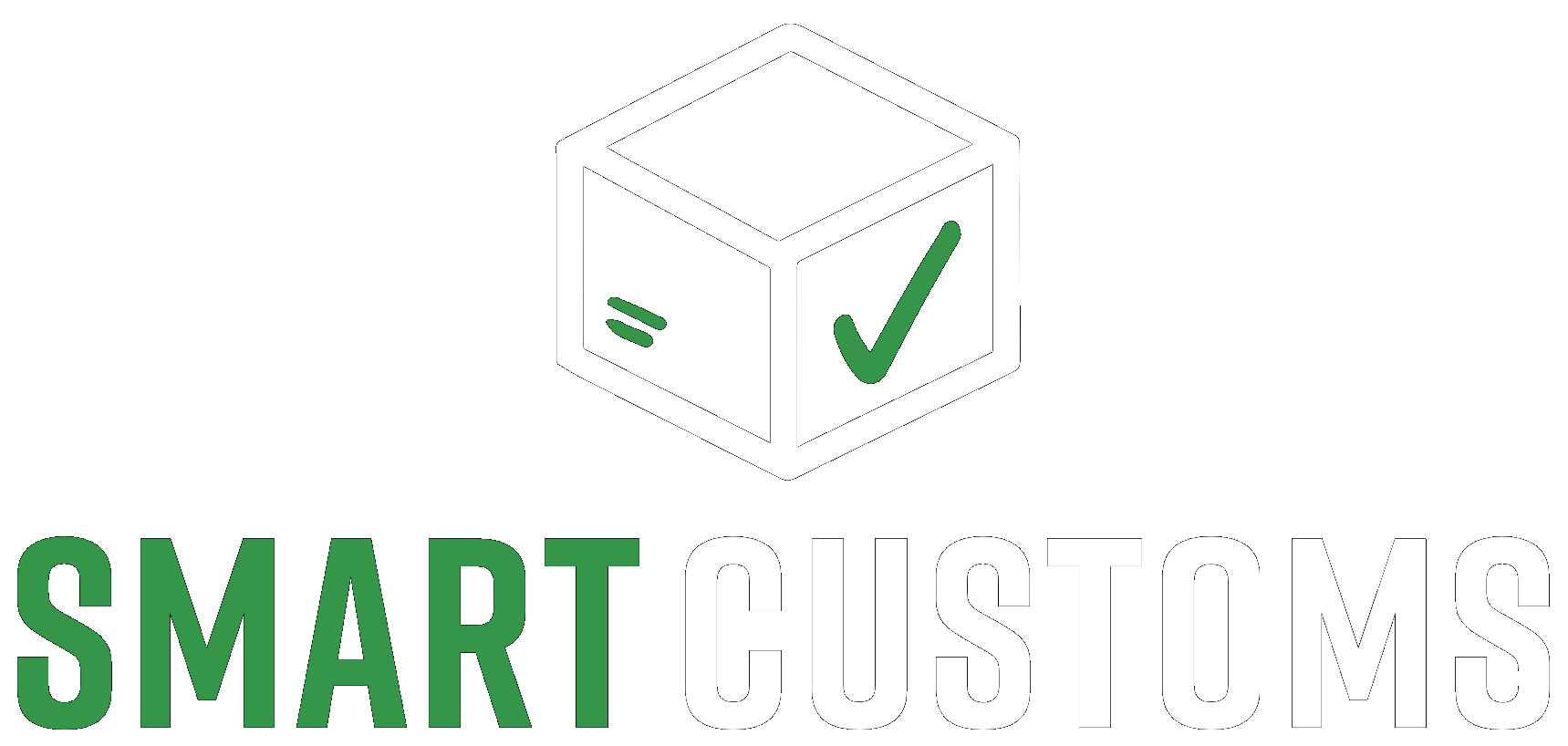
The recent Reset Deal between the United Kingdom and the European Union represents a pivotal moment in reshaping the future of UK-EU cooperation. Designed to ease post-Brexit friction and open new opportunities for collaboration, the agreement includes significant developments across trade, border processes, youth mobility, and climate policy.
At Smart Customs, we’re particularly focused on the implications for customs operations, logistics, and cross-border efficiency. Here’s a summary of the key changes and their impact on businesses and border systems.
1. Defence Procurement: Reopening Opportunities
The UK will regain access to EU defence procurement programmes, allowing British companies to participate in collaborative defence projects designed to rearm and secure Europe. This move not only strengthens defence ties but also unlocks substantial commercial opportunities for UK suppliers.
2. Fishing: Mutual Access for 12 Years
A new agreement secures continued reciprocal fishing rights between British and EU vessels for the next 12 years. This long-term certainty provides vital stability to fisheries and coastal economies, reducing the risk of disruption that has previously affected border checks and product certification.
3. SPS Dynamic Alignment: A Game-Changer for Customs
The most impactful customs-related change is the agreement on Sanitary and Phytosanitary (SPS) Dynamic Alignment. This will:
- Reduce SPS-related paperwork and checks at borders.
- Streamline trade in agri-food, animal, and plant products.
- Enhance the efficiency of digital customs clearance systems.
For importers, exporters, and logistics providers, this is a major step toward frictionless trade, simplifying compliance and accelerating cross-border movement of goods.
4. Youth Mobility and ERASMUS Discussions
A new Youth Experience Scheme will allow young people from both the UK and EU to live and work in each other’s territories. In parallel, the UK is actively negotiating a return to the ERASMUS exchange programme, reopening academic and cultural exchanges that had been paused post-Brexit.
This is a positive signal for future labour mobility and people-to-people connections between both regions.
5. E-Gates Access for UK Travellers
UK nationals will soon gain access to EU passport e-gates at major airports and entry points, speeding up travel and reducing queues. This move aligns with efforts to improve people flow and enhance mutual convenience in border management.
6. Linked Carbon Markets: Supporting Green Trade
The UK and EU have agreed to link their carbon markets, which will:
- Prevent duplicate carbon taxes on cross-border goods such as steel.
- Ensure consistency in emissions pricing.
- Support the smooth flow of goods without penalising sustainable practices.
This development is especially important for industries operating in sectors where environmental regulation directly affects customs valuation and documentation.
Implementation Timeline
While these changes have been agreed in principle, the exact date of implementation has not yet been confirmed. Businesses and customs professionals should stay alert for updates from official UK and EU channels.
We at Smart Customs will continue to monitor developments and provide updates as implementation details are released.
What This Means for Smart Customs Users
For clients and partners of www.smartcustoms.ie and www.smartcustoms.uk, the SPS Dynamic Alignment offers significant reductions in border processing times, fewer inspections, and smoother document handling. Our processes are being updated to reflect these changes once timelines are confirmed, ensuring seamless transition and compliance support.
